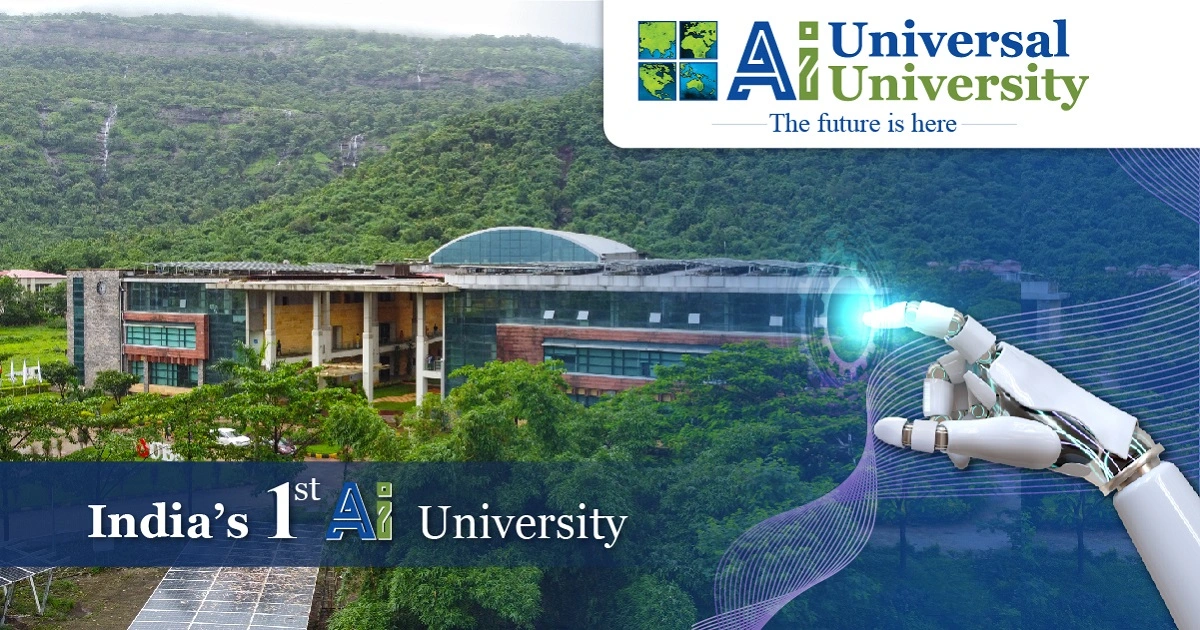Global Faculty, Global Perspectives: Meet the Minds Behind Universal Business School
University Business School (UBS) is an institution of international business education. One of its foundations of excellence in education is its diverse global faculty whose experience and insights are rich and enrich the student learning, develop future leaders and give UBS an advantage over other business schools competing in the India business school market.
The International DNA of UBS Faculty
The senior management and faculty at Universal Business School Mumbai has global business experience on the campus. Most of the faculty worked in multinational companies, have experience in five continents, and occupy top managerial positions in global industry leaders. This global exposure makes its way into the teaching style and curriculum of UBS, creating an atmosphere of international exposure, yet local relevance.
UBS has faculty who have worked in the industry for many years: these include Dr. Dilip Nandkeolyar (Marketing), Prof. Maneesh Ketkar (Finance), Dr. Pranjali Madhur (Human Resources) and Prof. Brigadier GPS Cheema (Human Resources). The visiting and adjunct faculties are drawn to the top international universities like Oxford, Cardiff Metropolitan, Victoria University Melbourne and Aligarh Muslim University which adds to further international exposure by the UBS students.
Global Collaborations and Accredited Programs
Universal Business School is the only few institutions in Asia-Pacific to be supported by 60 global CEOs, of which many of them take part in shaping up the board of governors and as well participates in teaching through special lectures and mentorship. The faculty of approval and academic partnerships with internationally recognized schools such as Cardiff Metropolitan University (UK), La Rochelle Business School (France) and Swiss School of Management allow UBS to offer programs of the utmost international standards.
Many courses offered at UBS are taught through joint delivery by international faculty who ensure students acquire global knowledge on issues such as marketing, finance, operations, human resources, strategy and innovation. The students are also exposed to INSEEC Faculty which is one of the best business schools in the world according to the Association of MBAs.
Experiential Pedagogy and Leadership Access
UBS has a huge focus on experiential learning, that is, 80% of the teaching is done through case analysis, and faculty members offer both academic and commercial wise thinking to the world of corporate. The pedagogical style is dynamic and action-based, and includes case studies of multinational corporations, real-life projects, simulations in the first Thomson Reuters Asia-Pacific global cross-asset dealing room and leadership seminars with CEOs and international strategists.
Faculty are characterized to be on hand and accessible. The student to teacher ratio is approximately 15:1 which implies that the students will have access to individual guidance and be given numerous occasions to meet the professors, clear the doubts and attend group study sessions.
Student Reviews: The UBS Faculty Advantage
Strengths of the Universal Business School, as reported by University Business School students and University Business School reviews often cite aspects of quality, diversity, and faculty accessibility. The combination of theory and practice is very highly regarded by students with instructors possessing the best industry credentials in the country and having completed their higher degrees at IIMs, IITs, or top international schools.
Teaching practice involves use of PPTs, group discussion sessions and leadership in action workshops so the classroom learning process is dynamic. Quite a number of alumni feel that they are ready to work in an international setting as well as secure the most prestigious jobs within MNCs because they were exposed to global faculty.
Building Global Perspectives for Future Leaders
The approach to internationalization by UBS is further exhibited in promotion of research, faculty development and global mobility programs, ensuring that faculty and students have a chance to be involved in seminars, joint projects and events occurring across continents. Instructional personnel engage in international consulting, publications in leading journals, and take recurrent faculty development opportunities in other countries

Comments
Post a Comment